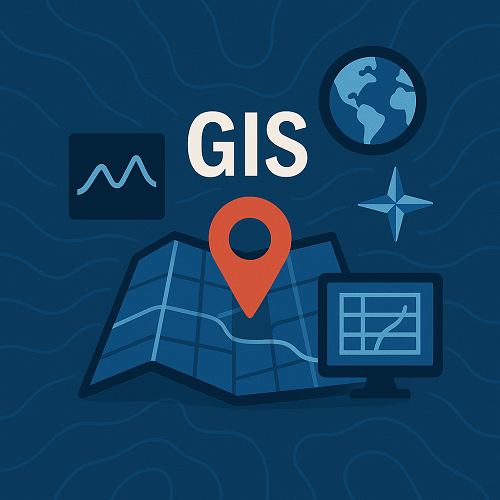How GIS Technology is Disrupting Traditional Industries: Are You Ready to Adapt?
Geographic Information System (GIS) technology is not a new technology, but it is gaining increasing importance in traditional industries. GIS technology can help businesses better visualize, analyze, and manage spatial data to make more informed decisions. Traditional industries that have been disrupted by GIS technology include transportation, real estate, public health, and agriculture, among others. In this article, we will explore how GIS technology is transforming traditional industries, and why businesses need to adapt to stay competitive.
1. Transportation Industry
GIS technology has revolutionized the transportation industry by enabling on-demand ride-hailing services, real-time tracking of public transportation, and optimized routing for logistics companies. GIS technology can help transportation businesses reduce operating costs, improve customer experiences, and provide more efficient services.
2. Real Estate Industry
GIS technology is changing the way commercial and residential real estate is marketed and sold. By integrating GIS technology, real estate agents can identify areas with high demand, provide more targeted services, and gain insights into what customers are looking for. GIS technology can also provide property owners with more secure and transparent management of their assets.
3. Public Health
GIS technology can help the public health sector respond to emergencies, monitor outbreaks, and provide more efficient healthcare services. By using GIS technology, public health providers can identify areas within a region that are most susceptible to infectious diseases, track patterns of transmission, and provide targeted preventive measures.
4. Agriculture
GIS technology is revolutionizing the agricultural industry. It is providing accurate information on soil moisture levels, temperature, and other vital factors, enabling farmers to make data-driven decisions that can improve crop yield, reduce water usage, and minimize environmental impact. GIS technology can enhance the effectiveness of precision agriculture by providing insight into the most favorable growing conditions for crops.
5. Tourism Industry
GIS technology is becoming increasingly important in the tourism industry. By using GIS technology, tourism businesses can provide accurate and insightful geo-information, enabling tourists to make more informed decisions about their travel destinations. GIS technology can provide tourists with insights into local customs, landmarks, and natural features, all of which can enrich their travel experience.
In conclusion, GIS technology is disrupting traditional industries and transforming the way businesses operate. These transformations provide opportunities for businesses to differentiate themselves, improve their services, and reach new customer bases. Businesses that adapt to these changes in the market will be better positioned to
